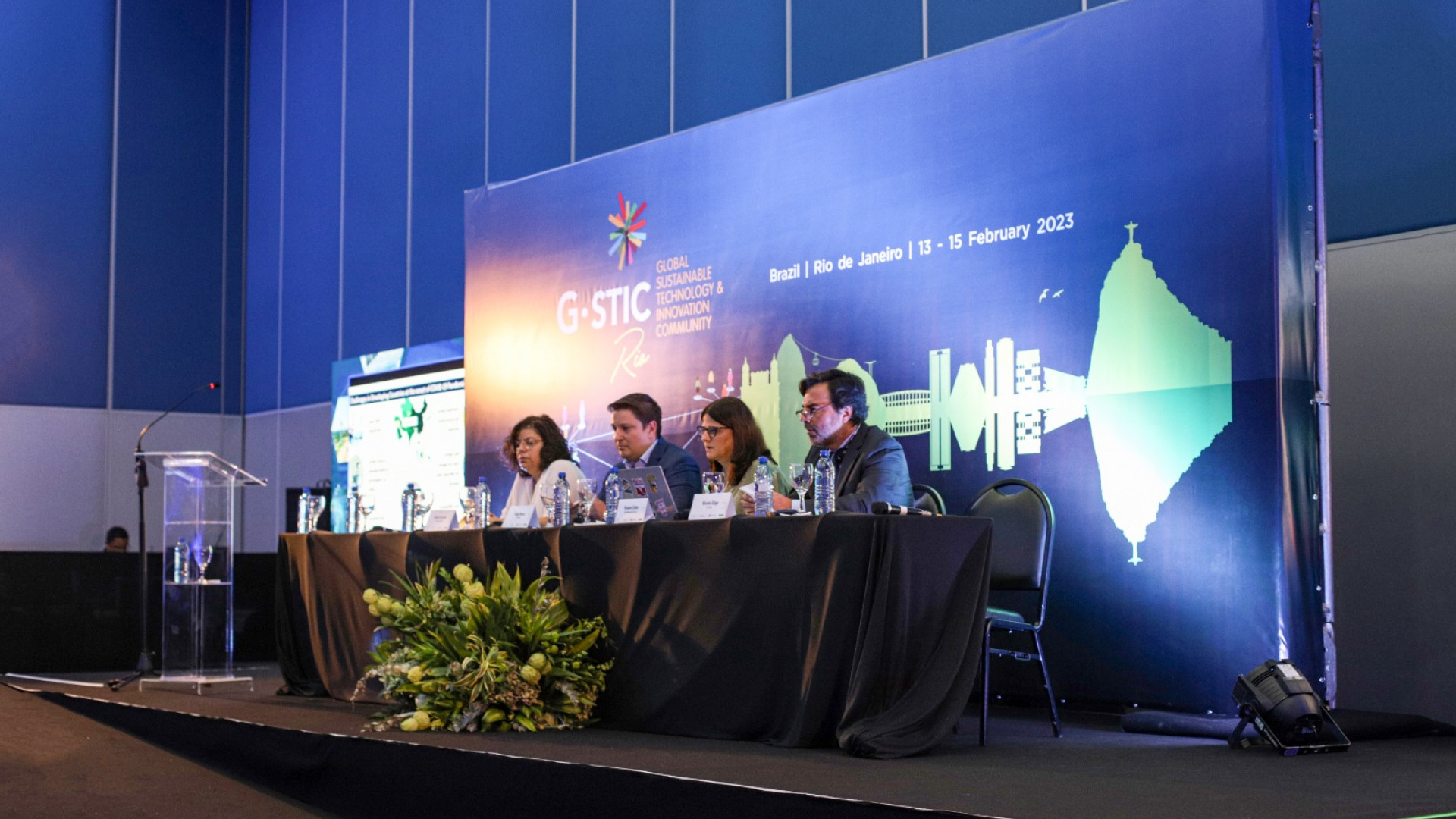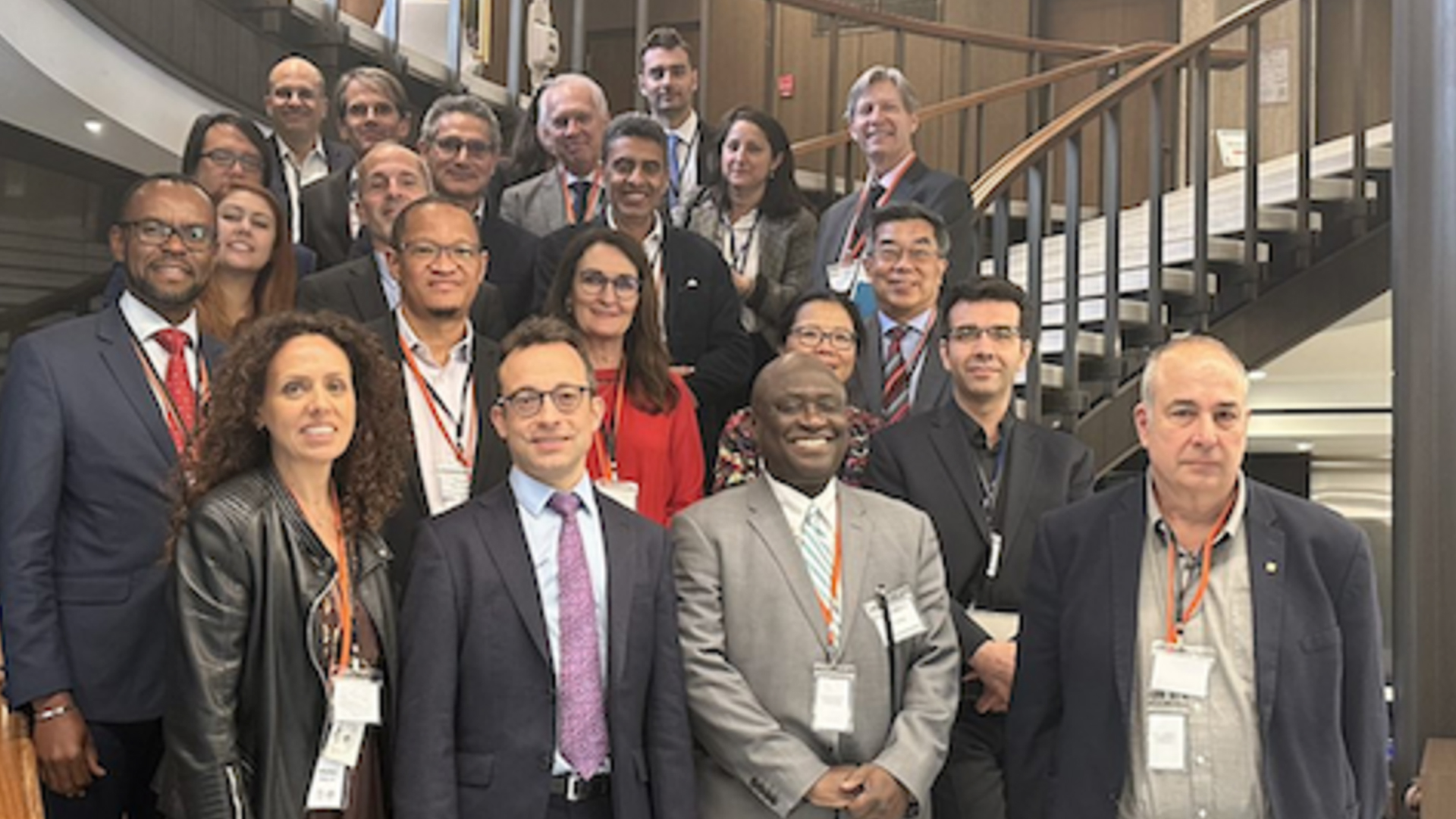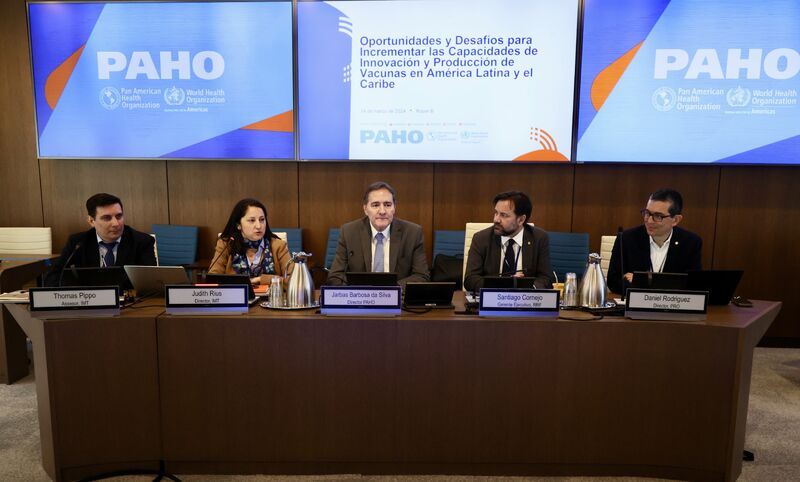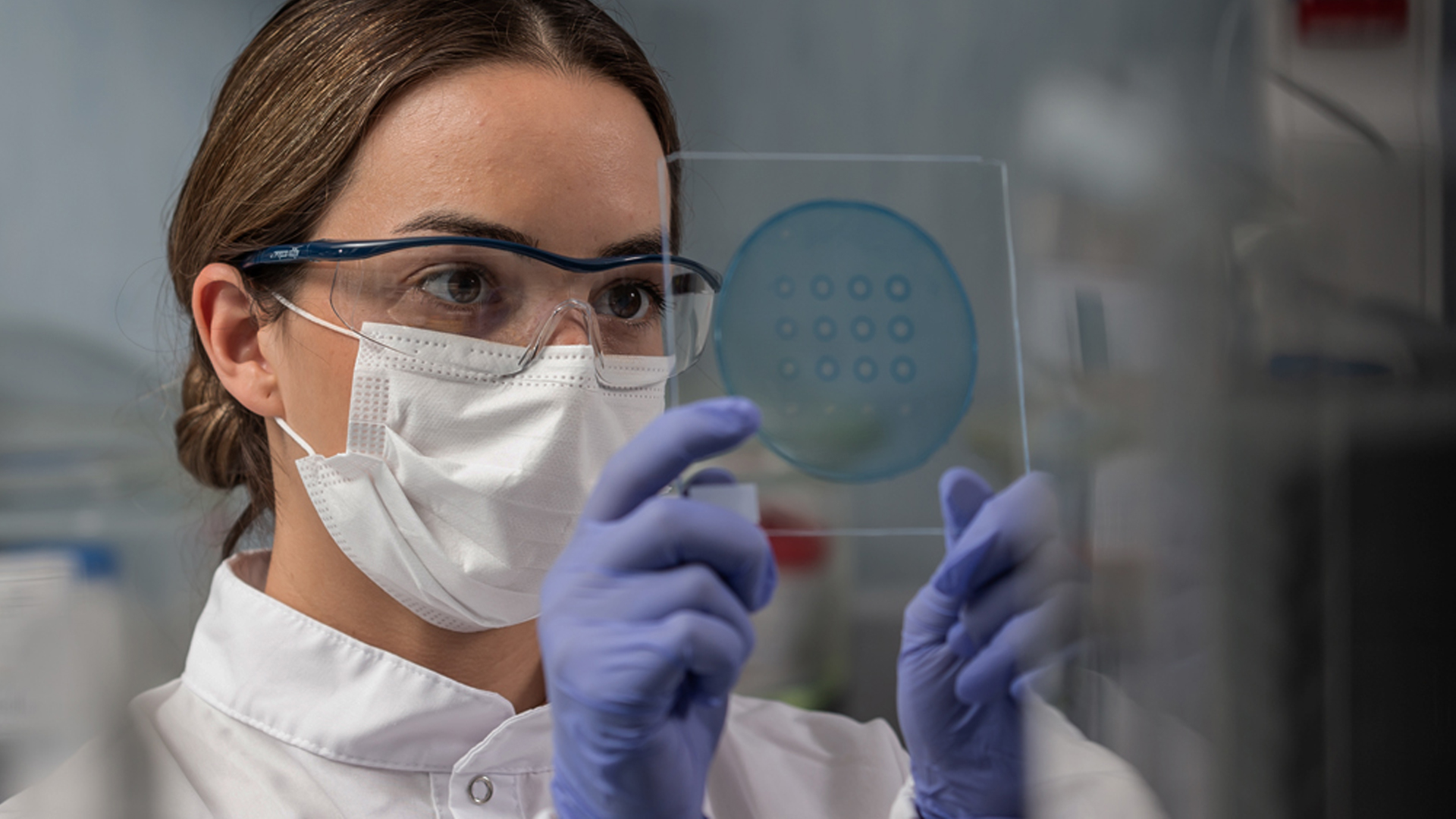Furthermore, during the 6th G-STIC Conference, the Minister of Health of the Nation referred to the need to consolidate the coordination between the public and private sectors to achieve this objective.
The Minister of Health of the Nation, Carla Vizzotti, participated today in the panel “Vaccine Production in Developing Countries”, organized by G-STIC, the global meeting that brings together the highest leaders in technology and innovation to analyze strategies for of achieving the Sustainable Development Goals carried out for the first time in the Region of the Americas.
Throughout her presentation, the person in charge of the national health portfolio emphasized the importance of strengthening alliances between the public sector and the private sector in order to continue deepening the articulation between health needs and the scientific-technological framework. , with the aim of closing the innovative-productive circle and promoting the exchange of technical knowledge.
In turn, she highlighted the national and regional collaborations that were carried out with countries such as Mexico, Brazil, Russia and China. In this sense, the minister highlighted the work carried out between Argentina and Brazil for the development and manufacturing of mRNA vaccines, and celebrated the advances of the Institute of Technology in Immunobiologicals (Bio-Manguinhos/Fiocruz) and the Argentine pharmaceutical company Sinergium Biotech to develop and manufacture the APIs vaccine.
“Argentina and Brazil have always defended international alliances that collaborate in promoting equitable access to health technologies, including vaccines, therapies and diagnostics,” Vizzotti stressed.
In this regard, the minister added that, faced with the challenge that developing countries encounter in creating capacities, “innovation, manufacturing and model markets are needed” while “shortage and inequities in access to supplies must be overcome.” , medicines, vaccines and other essential technologies for health.” In this regard, she pointed out “the great regional dependence on imports from other regions” and “the heterogeneity of innovation and industrial capabilities of regional countries.”
Thus, in relation to the prospects for capacity building in developing countries, she highlighted the need to “evaluate vaccine acquisition mechanisms and capacities for supply by the domestic market.” Along these lines, he maintained that to improve local manufacturing there are different factors to take into account: both the impact on the national and regional population, as well as the need to create public and private capacities, the availability of human resources, the complexity of manufacturing, national and regional markets, regulatory provisions and patents and licenses.
On the other hand, she detailed the main guidelines of the Argentine national immunization policy and the vaccination program in the country. In this regard, she maintained that “we have a long tradition that considers immunization as a public good and promotes vaccination at all stages of life.”
Along the same lines, she highlighted that “immunization is a problem of national interest. It includes research, epidemiological surveillance, evidence-based decision making, while requiring the acquisition, storage, distribution and supply of vaccines, cold chain conservation, manufacturing, and all measures intended to promote vaccinating people and strengthening surveillance of vaccine safety.”
The minister highlighted that, in recent years, the National Calendar introduced five vaccines in its schedule: pentavalent, DTaP for adolescents and pregnant women, influenza, gender-neutral HPV and pneumococcal conjugate vaccine. Chickenpox, rotavirus, and meningococcal vaccines were also introduced in 2016.
In this sense, he specified the achievements and challenges regarding COVID-19 vaccination for the year 2023. Thus, he indicated that the objective for this year is focused on completing the schedule and applying reinforcements to all risk groups, especially in those over 18 years of age. “All strategies aimed at completing vaccination coverage are a priority to strengthen and improve public health in the 24 provinces with a federal perspective,” said the minister.
At the same time, he recalled that the COVID-19 pandemic revealed the lack of transparency of markets, prices, manufacturing costs and trade agreements, thus limiting the impact of vaccination policies and evidencing inequities. in access to vaccines.
“We believe that strengthening local production of technology and products for health and strengthening scientific and regulatory capacities will help prevent this situation in future epidemiological emergencies,” the official added.
Finally, Vizzotti highlighted: “This is the right moment to place health at the center of Agenda 2023, recognizing the need to carry out intersectoral actions and implementing policies that are effective in reducing inequities.”
To see published note click here.



